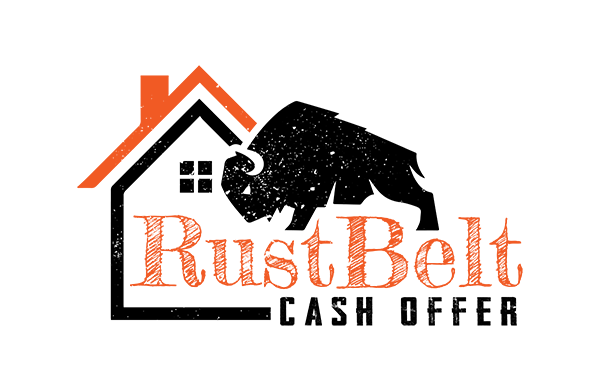Investing in private real estate is a great way to build wealth, but it is not without challenges. If you are not careful to do it the right way, you may run into trouble. What is the biggest risk that landlords face? Trouble paying the mortgage.
Many people assume that renters are the only ones who struggle to make payments. The truth is if your tenants are not paying their rent, you may not be able to make your payments either. Several factors affect whether you will be a successful rental home investor. You want to make sure you have all your ducks in a row before you begin investing, if possible.
4 Tips to Stay Ahead as a Landlord
We will share our favorite tips for making sure paying the mortgage is not a problem.
1. Keep your properties full.
This might seem obvious, but it warrants attention. The goal is to rent your property at market value. If you are having trouble filling a vacancy, take another look at your asking price.
Advertise your rentals before they become available. Toward the end of your current tenant’s contract, find out if they plan to renew. If they want to stay, you are set for another contract term. If they do not, get the word out about your available property immediately.
The surest way to run into a problem paying the mortgage is to have vacant properties. Ensure your success as a real estate investor. Stay on top of advertising and screening prospective tenants.
2. Be selective.
Screen your prospective tenants thoroughly. Run a background check. Make sure this is a person you can trust to consistently pay the bills. It is a lot of work upfront, but this is time and money well spent.
You need to fill your properties, but keeping quality tenants is critical. A good tenant pays rent on time and will take better care of your property. Background and credit checks will alert you to renters who abuse their lease agreements or are often behind on payments. Careful screening raises any red flags and helps you avoid problem tenants.
3. Look for long-term tenants.
You know the saying, “quality over quantity.” Quantity is important in terms of having each property filled, of course. For individual properties, one quality tenant is better than a new tenant every few months. Whenever possible rent your property on a one-year contract.
A quality tenant will not always be a long-term renter. A prospective tenant may be a student or professional who only plans to live in Buffalo for 3 to 6 months. You may find that an applicant only needs a rental while their new house is being built. You don’t have to turn these prospects away every time, but a longer rental term comes with less risk of vacancy.
4. Be a good landlord.
You can follow the first three recommendations and still have trouble keeping your properties rented if you are a “bad” landlord. Word of mouth spreads fast. The last thing you want is a reputation as someone nobody wants as their landlord.
So, be a good landlord! Make repairs as soon as tenants request them whenever possible. Keep your appliances updated and in good working order. Keep the house and yard well maintained.
Develop a good relationship with your renters. This goes a long way in keeping long-term, quality tenants who pay their rent on time. If they trust you and LIKE you, they are unlikely to look for a different rental at the end of their contract.
Following these 4 simple tips will put you on the road to success in your real estate investments. Keep your properties filled, look for quality and long-term tenants, and be a good landlord. You will not regret it.
